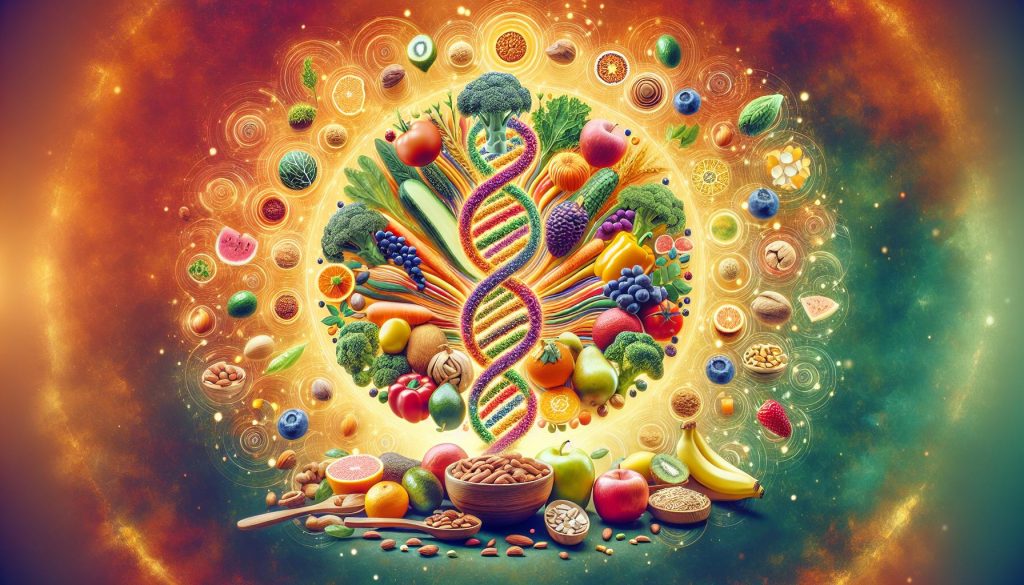
Feasting for Energy on a Low Carb Diet: Packing a Powerful Punch
In our fitness-focused, calorie-counting world, you might find yourself asking, “What should I eat for energy while following a low-carb diet?” The straight answer is that your plate should be brimming with nutrient-dense, low-carb foods that can provide a steady, stable energy supply. These foods are often high in quality fats, proteins, and fibrous veggies. However, it’s not just about which foods to eat, but also about their combination, preparation, and the timing of meals. In this article, we delve deeper into the battery of best options, low-carb food hacks, and synergistic meal plans to maximize your energy levels.
Nature’s Energy Powerhouses: Low-Carb Foods that Fuel You
No need to feel ‘hangry’ on a low-carb diet! There are plenty of options that triumph over the trivial trio of toast, tortillas, and tapioca. Consider foods like eggs, spinach, almonds, avocados, and salmon as your new best friends. Each of these pack a wallop of nutrients and help you stay energized.
Eggs: The Everlasting Energy Source
Eggs, hailed as nature’s multivitamin, are a stellar source of protein and they rank high on the satiety index. Meaning, they keep you feeling full and energized for longer.
From Land and Sea: Veggies and Fish for Fuel
Leafy greens like spinach and lettuce are simply stellar with their high-fiber and low-carb count. Then there’s the fantastic fish realm. Fatty fish such as salmon, mackerel, and sardines are brimming with Omega-3, which aids brain function, reducing fatigue, and improving overall energy levels.
Almonds and Avocados: The Perfect Pick-me-up
Almonds can kick-start your day or work as a mid-day snack, packed with fiber, protein, and healthy fats. On the other hand, avocados, contrary to the ’forbidden fruit’ tag attached to it by some, is a true nutritional gem, packed with heart-healthy fats and fiber.
Kitchen Combinations: Counteracting Carb Cutbacks
While relying on low-carb foods is a given, the secret really lies in bringing harmony to your plate. A meal isn’t just about tossing stuff together, but a symphony of flavors, nutrients, and most importantly, energy sources.
Meal Plans: A Balancing Breakfast
Start your day with an omelet stuffed with greens and cheese. A handful of almonds on the side and you have a breakfast that not only kicks carbs to the curb but also pulls you through the morning hustle with plenty of energy to spare.
A Farewell to Fatigue: Paving the Path to Endless Energy
Following a low-carb diet doesn’t mean resigning yourself to a life of yawning and stretching in futile attempts to combat fatigue. With the right foods, the right combinations, and the right time, you can maintain your vivacity, vibrancy, and verve.
Jumping the Hump: Dealing with the Slump
A capability that’s essential on this journey is learning to beat the afternoon slump. Fight the fatigue with a snack like Greek yogurt with a handful of berries. You will get a nice protein boost and the natural sugars from the berries will provide just the right amount of energy to keep you going.
Moving Forward with more Momentum: Our Low-Carb Conclusion
Eating low-carb foods for energy is indeed an art, but certainly not rocket science. Armed with knowledge of the right foods and combinations, you can transform your low-carb diet into a powerful energy-boosting routine. So, here’s to embracing eggs, falling in love with leafy greens, going nuts for almonds, and being adventurous with avocados all for the sake of boundless energy.
Frequently Asked Questions
1. Can I eat fruits while I’m on a low-carb diet?
Yes, it’s possible to enjoy fruits on a low-carb diet, but opt for low-carb varieties such as berries, watermelon, and peaches.
2. Are there any specific energy-boosting low-carb snacks?
Absolutely! A handful of nuts, celery sticks with peanut butter, or a serving of Greek yogurt with berries are all fantastic options.
3. Can I have coffee while following a low-carb diet?
Yes, coffee is allowed and can serve as a great energy booster. Just skip the sugar and heavy cream.
4. Is a low-carb diet sustainable for long-term energy needs?
Yes, if followed intelligently, a low-carb diet can provide sustained energy. The key is choosing high-quality, nutrient-dense foods and maintaining balance in your meals.
5. What can I eat for dinner on a low-carb diet to maintain my energy levels?
Fill your dinner plate with lean proteins, plenty of veggies, and a serving of good fats like avocado or olive oil. A perfect example is grilled salmon with a side of sautéed spinach and a slice of avocado.



